How to Choose the Best ECG Machine with Interpretation for Your Healthcare Needs
In today's rapidly evolving healthcare landscape, the selection of an appropriate ECG machine with interpretation capabilities has become increasingly crucial. According to a recent report by MarketsandMarkets, the global ECG devices market is projected to reach USD 7.2 billion by 2025, reflecting a compound annual growth rate (CAGR) of 5.8%. The rising prevalence of cardiovascular diseases, combined with the growing demand for effective diagnostic tools, underscores the importance of investing in advanced ECG technology. Healthcare professionals must consider various factors when choosing an ECG machine with interpretation to ensure alignment with their specific healthcare needs, including the device's accuracy, user-friendliness, and integration capabilities with existing systems. Moreover, as telemedicine continues to gain traction, having a reliable ECG machine that provides instant interpretation can significantly enhance patient care and streamline workflows.
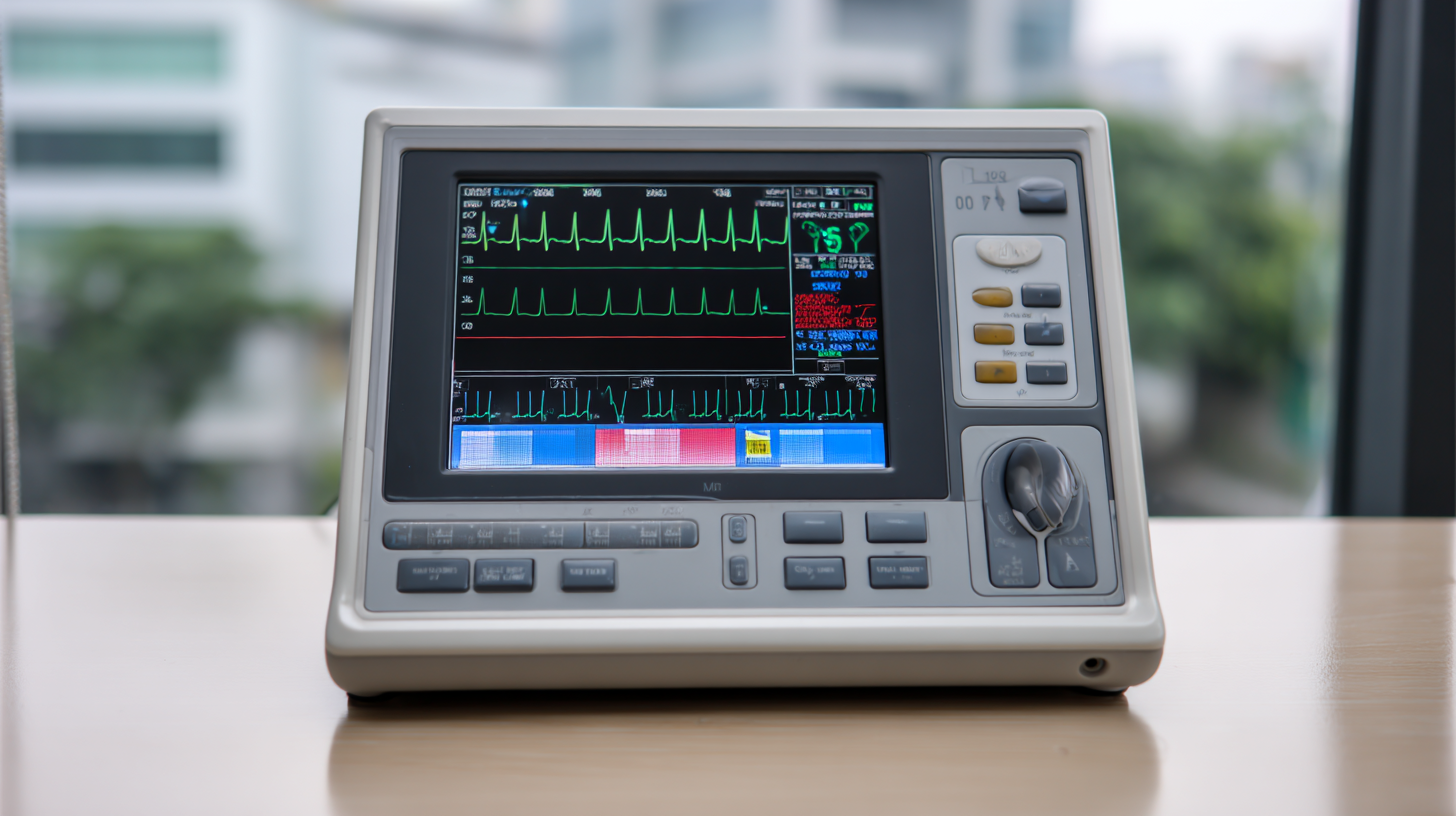
How to Assess Your Hospital or Clinic's ECG Machine Requirements Based on Patient Volume and Types
When selecting an ECG machine for your hospital or clinic, it's crucial to assess the specific needs dictated by patient volume and types. Facilities with high patient turnover may require machines that can quickly provide accurate readings and have features for real-time monitoring. For instance, a clinic catering to athletes would benefit from devices designed for exercise stress tests and continuous heart rate monitoring, while a general practice may prioritize machines with user-friendly interfaces for routine checks.
Moreover, understanding the types of ECG equipment available is essential in making informed decisions. As the global mobile ECG device market anticipates significant growth, hospitals and clinics must evaluate options, including wearables and portable devices, tailored for different applications such as outpatient care, sports medicine, or personal health monitoring. By aligning the selected ECG machine's capabilities with the patient demographics and clinical requirements, healthcare providers can enhance diagnostic accuracy and improve patient outcomes in the evolving landscape of cardiac care.
How to Choose the Best ECG Machine with Interpretation for Your Healthcare Needs
| Criteria | Description | Example Values |
|---|---|---|
| Patient Volume | Estimated number of ECG tests conducted weekly | 50-200 Tests/week |
| Types of Patients | Demographic breakdown of patients needing ECGs | Elderly, Cardiac Patients, Emergency Cases |
| Interpretation Software | Quality and efficiency of the ECG interpretation software | Automated, AI-assisted |
| Portability | Ease of transport and setup in various locations | Lightweight, Mobile devices |
| Connectivity | Integration with electronic health records and other systems | Wi-Fi, Bluetooth, USB |
| Training and Support | Availability of training for staff and technical support | On-site training, 24/7 support |
| Budget Considerations | Cost of the ECG machine and ongoing maintenance expenses | $2,000 - $10,000 |
How to Evaluate Key Features of ECG Machines: Interpretation Capabilities and Software Integration
When selecting the best ECG machine, two crucial features that need careful evaluation are interpretation capabilities and software integration. Advanced interpretation capabilities can significantly enhance diagnostic accuracy and inform clinical decisions. Feature-rich ECG machines equipped with AI-driven algorithms not only analyze rhythm and morphology but also provide real-time insights, which is vital in acute care settings. Thus, healthcare providers should prioritize devices that offer robust analysis and aid in the quick identification of cardiac abnormalities.
Additionally, software integration plays a pivotal role in the efficiency of ECG machines. Seamless connectivity with electronic health records (EHRs) enhances workflow by enabling easy access to patient data and reporting. Machines that support data sharing and have user-friendly interfaces can greatly reduce the time taken to analyze results and make critical decisions. Healthcare facilities should consider machines that offer compatibility with existing systems to ensure smooth data management and improved patient care.
How to Compare ECG Machine Accuracy and Sensitivity: Understanding Industry Benchmarks and Standards
When selecting an ECG machine, understanding its accuracy and sensitivity is paramount. Industry benchmarks, such as those established by the American Heart Association (AHA) and the European Society of Cardiology (ESC), indicate that a high-quality ECG should have an accuracy rate of at least 95% in diagnosing major cardiac conditions. Such metrics are essential, as the machine's ability to correctly interpret rhythm and anomalies can significantly impact patient outcomes. For instance, a recent study published in the Journal of Electrocardiology highlighted that ECG machines with a sensitivity above 90% for identifying myocardial infarctions substantially decreased the time to treatment, thereby improving survival rates.
Moreover, sensitivity is equally critical when evaluating ECG machines. Reports from the National Institutes of Health (NIH) state that devices achieving a sensitivity rate of 95% or higher for detecting atrial fibrillation can lead to fewer missed diagnoses, which is vital for preventing stroke. Consequently, healthcare providers should compare models not just on their technical specifications, but also on validated performance metrics from clinical trials. By adhering to these industry standards, healthcare institutions can ensure they are investing in ECG machines that provide reliable and accurate diagnostic capabilities, aligning with their clinical objectives and enhancing patient care.
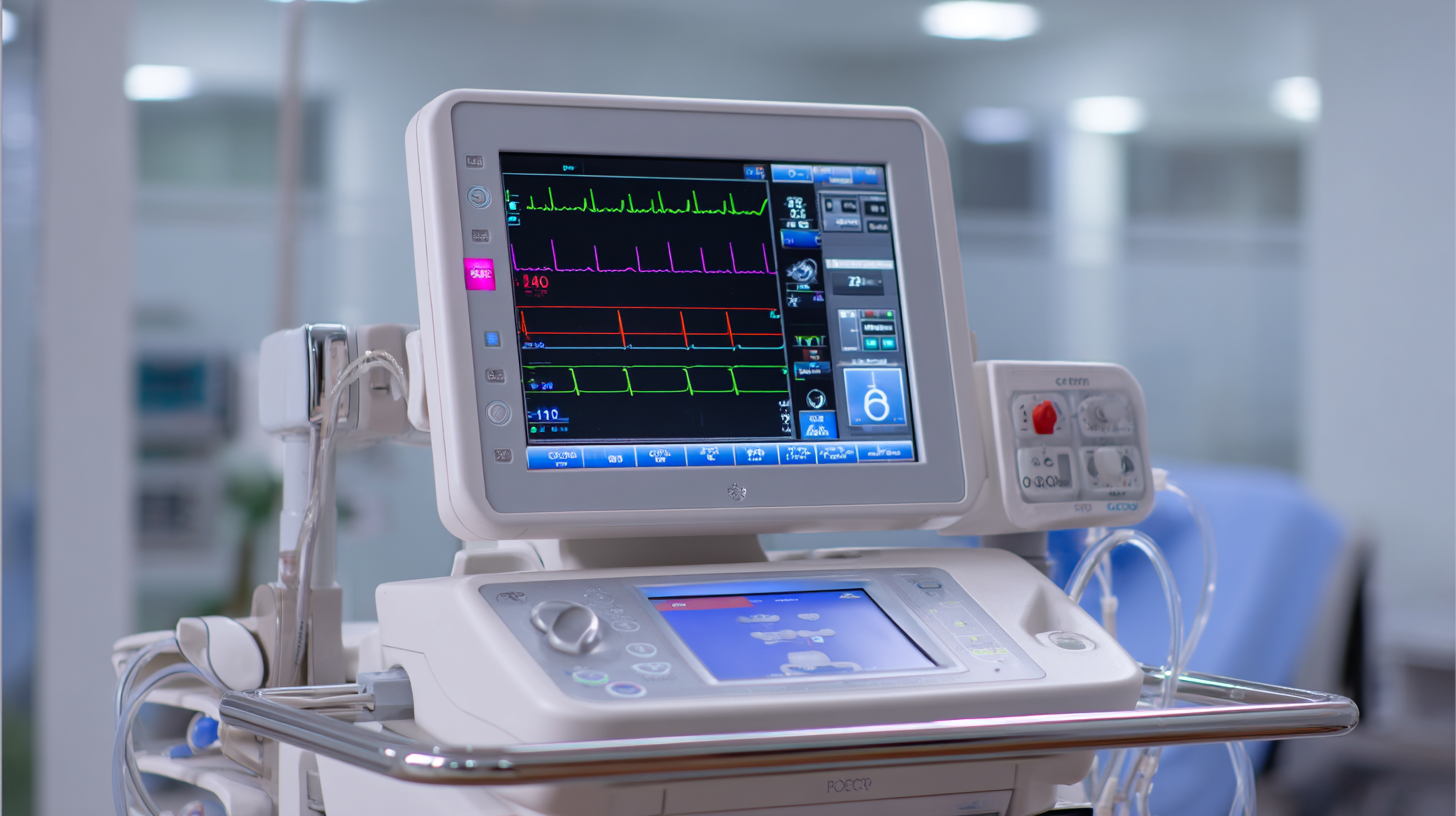
How to Budget for ECG Machines: Analyzing Costs versus Benefits in Clinical Settings
When considering the acquisition of ECG machines for your healthcare facility, budgeting is a crucial step that can significantly affect your clinical operations. Analyzing the initial purchase cost alongside the long-term benefits is essential. While high-end ECG machines may come with a steep price tag, their advanced features may provide more accurate interpretations and quicker results, ultimately enhancing patient care. Evaluating the cost-effectiveness of these machines involves taking into account their durability, warranty, and the quality of customer support offered by manufacturers.
Tip: Conduct a cost-benefit analysis by calculating potential savings from reduced patient readmission rates and improved diagnostic accuracy. This will help you make a more informed choice about which ECG machine best fits your budget.
Another factor to consider is the ongoing costs associated with maintenance and consumables. Regular maintenance is essential to ensure machine reliability, and some models may require more costly replacements or upgrades over time. Budgeting for these expenses will prevent unexpected financial burdens that could impact your facility.
Tip: Seek out machines with a good track record for reliability and lower maintenance costs. Additionally, inquire about the availability of training and resources for your staff, as investing in their education can translate to better patient outcomes and more efficient use of the machines.
How to Ensure Compliance with Regulatory Standards When Choosing an ECG Machine for Healthcare Use
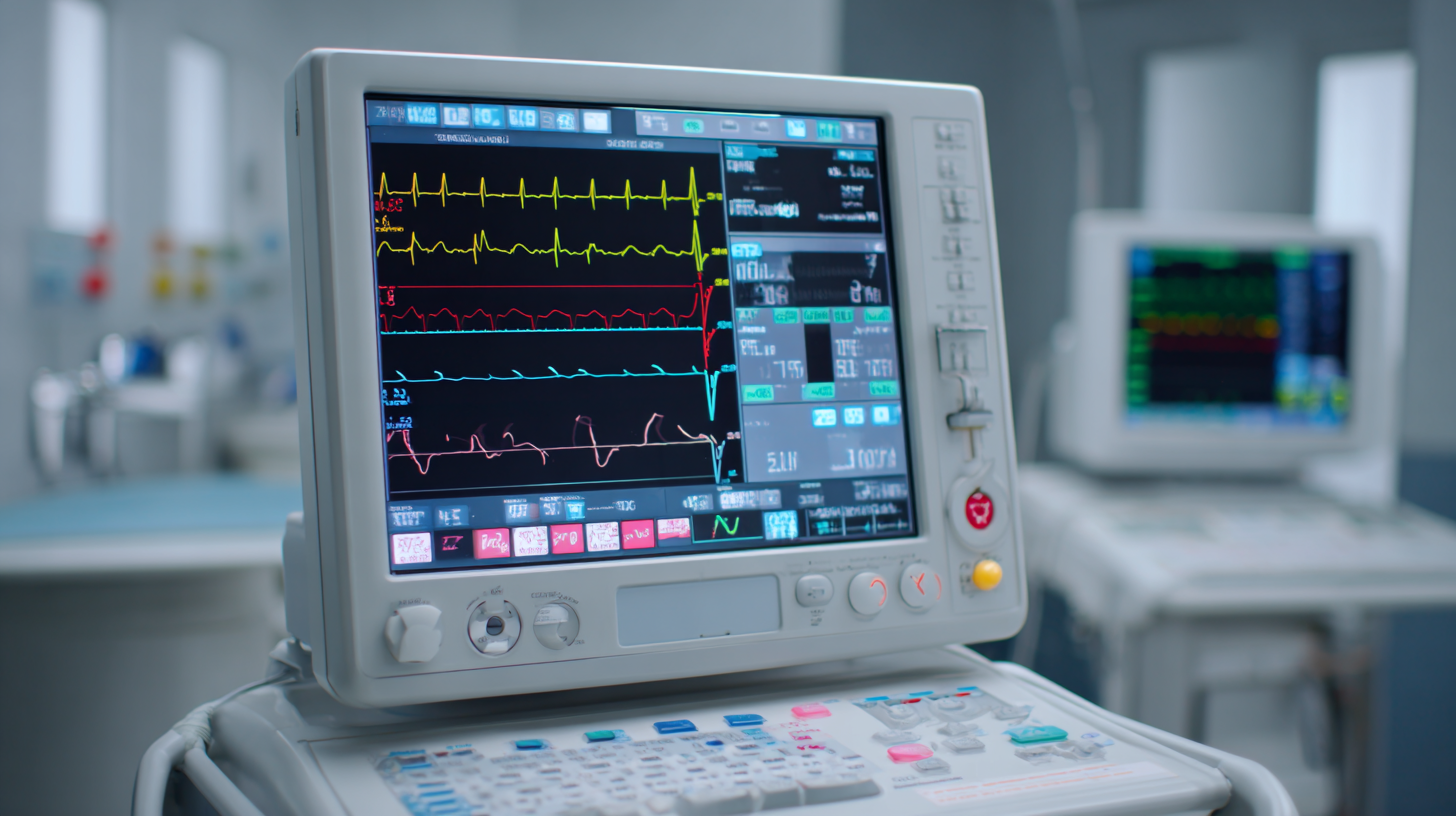 When selecting an ECG machine for healthcare use, ensuring compliance with regulatory standards is paramount. Regulatory bodies, such as the FDA in the United States and the European Medicines Agency in Europe, set stringent guidelines that govern the design, manufacturing, and performance of medical devices, including ECG machines. Familiarizing yourself with these standards is crucial for both patient safety and the longevity of your practice. It's advisable to choose machines that have received appropriate certifications, as this indicates they have met the necessary safety and efficacy criteria.
When selecting an ECG machine for healthcare use, ensuring compliance with regulatory standards is paramount. Regulatory bodies, such as the FDA in the United States and the European Medicines Agency in Europe, set stringent guidelines that govern the design, manufacturing, and performance of medical devices, including ECG machines. Familiarizing yourself with these standards is crucial for both patient safety and the longevity of your practice. It's advisable to choose machines that have received appropriate certifications, as this indicates they have met the necessary safety and efficacy criteria.
Moreover, hospitals and clinics should regularly conduct audits and assessments to verify that their ECG machines remain compliant with evolving regulations. This involves staying updated on any changes in the standards and ensuring that the machines undergo proper maintenance and calibration. Training staff on the use of these machines in line with regulatory requirements can also enhance compliance, ultimately leading to more accurate readings and better patient outcomes. Investing time and resources in understanding and adhering to these standards will not only protect your healthcare facility but also fortify trust within your patient community.
Related Posts
-
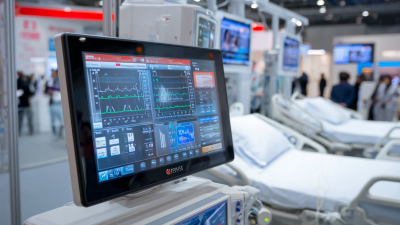
Unlocking Growth: Patient Monitor Machine Trends and Insights from the 138th Canton Fair 2025
-
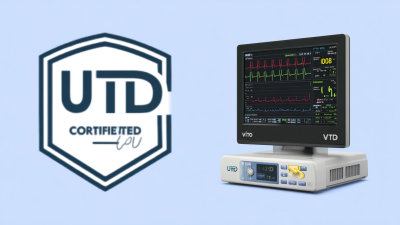
Navigating Import and Export Certifications for the Best Vital Sign Monitors: A Comprehensive Guide
-

Ultimate Guide to Enhancing Patient Care with Remote Vital Sign Monitoring Solutions
-
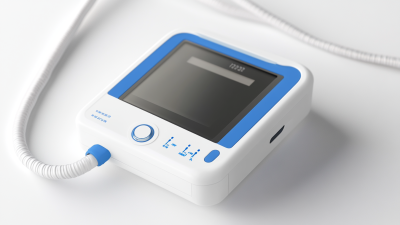
Discover the High Efficiency of Oxygen Pulse Oximeters from China's Leading Manufacturing Plant
-
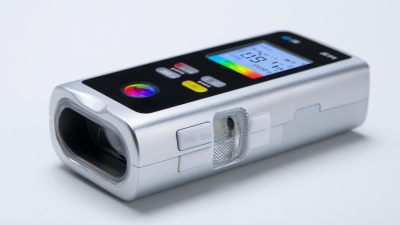
Exceptional Quality Pulse Oximeters from China Delivering Global Solutions in Australia
-
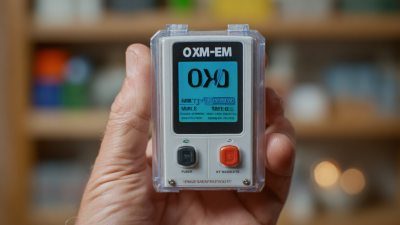
Unlocking Quality: How to Find the Best Oximeter Suppliers and Strategies for Success

